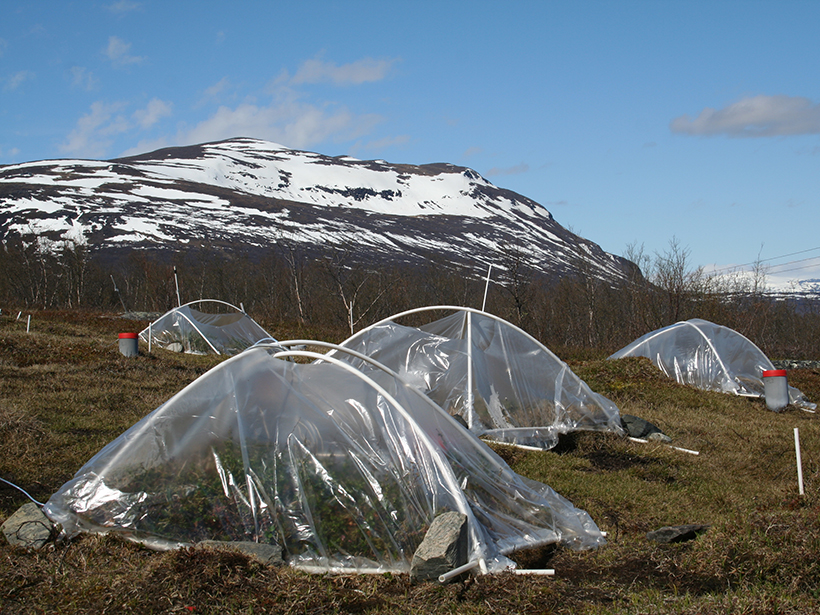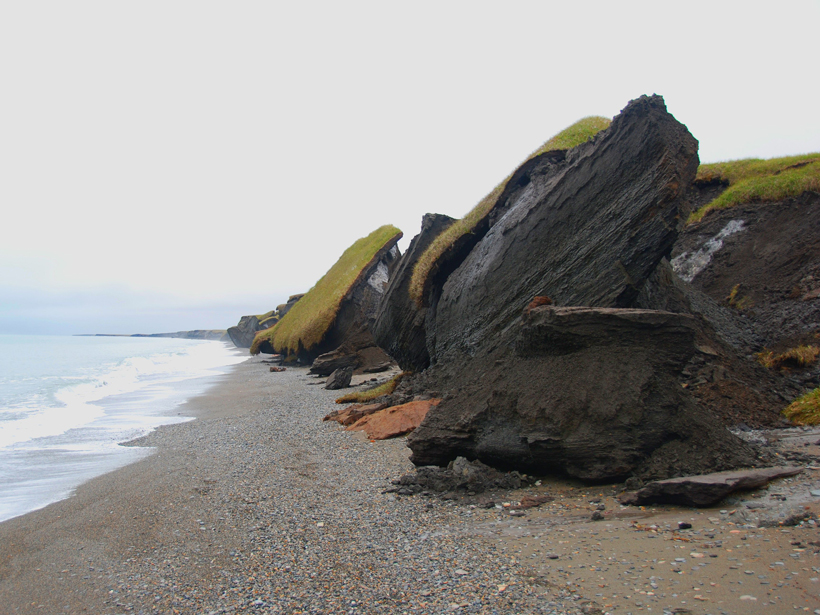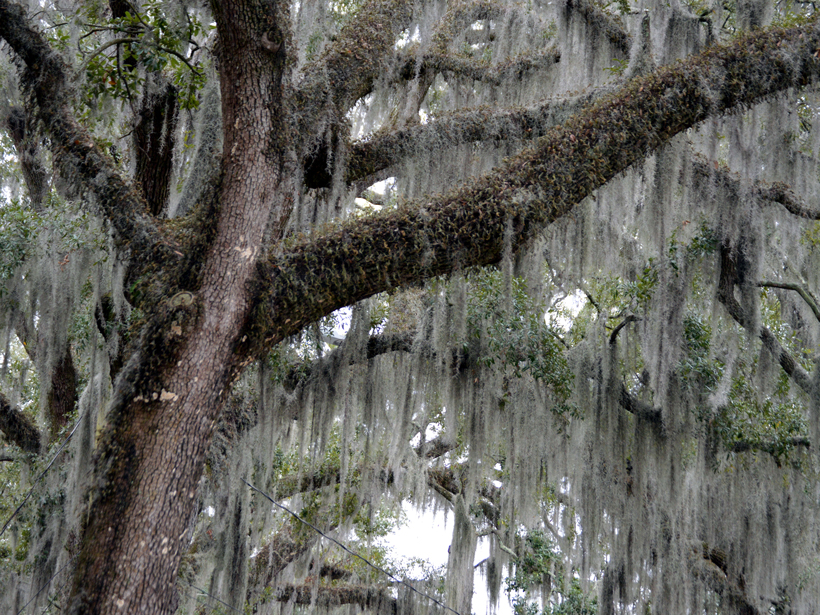In Sweden’s wet heathland, scientists see how a sensitive ecosystem adapts to rising global temperatures.
Journal of Geophysical Research: Biogeosciences
A Deeper Understanding of Carbon Decomposition in Arctic Soils
Physical parameters may help scientists extrapolate Arctic carbon soil losses from the local to the regional scale, according to the results of a yearlong incubation experiment.
Carbon Release from Permafrost Erosion Along the Yukon Coast
New findings highlight the need to account for large amounts of ground ice contained in frozen soil when assessing Arctic carbon cycling.
Cobalt Key to Development of Early Life on Earth
Cobalt may have played in important role in the early development of life on Earth, and been more available to ancient life than modern due to the higher mafic composition of early continents.
Ocean Wind Satellites Observe an Amazonian Drought
Satellites designed to observe ocean winds can also be used to map both forest structure and water content, allowing researchers to disentangle factors of carbon loss due to drought in the Amazon.
What Will Redwood Trees Do Without Foggy Days?
Coastal California fog—a key source of water for the iconic redwood tree—has declined by a third. Can a trace gas, carbonyl sulfide, be used to assess the effect on plant productivity?
A Better Way to Probe Peat
Florida scientists use ground-penetrating radar to image underground carbon stores in the Disney Wilderness Preserve.
Scientists Probe Water Inside Leaves via Satellite
Improving satellite-based studies of vegetation optical depth, a critical ecosystem indicator.
Mossy Oaks Are Dripping with Organic Matter
Epiphyte-bearing trees leach carbon when it rains.
Why Mountainous Upland Forests Emit So Much Methane
New research suggests that moist tree heartwood produces methane and emits the greenhouse gas to the atmosphere.









